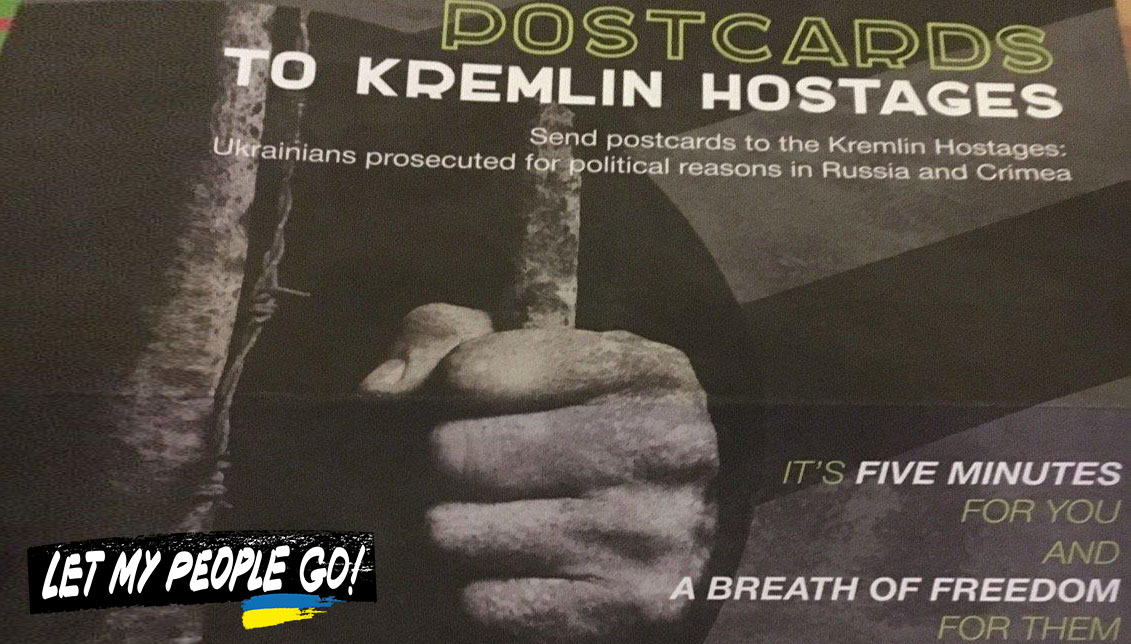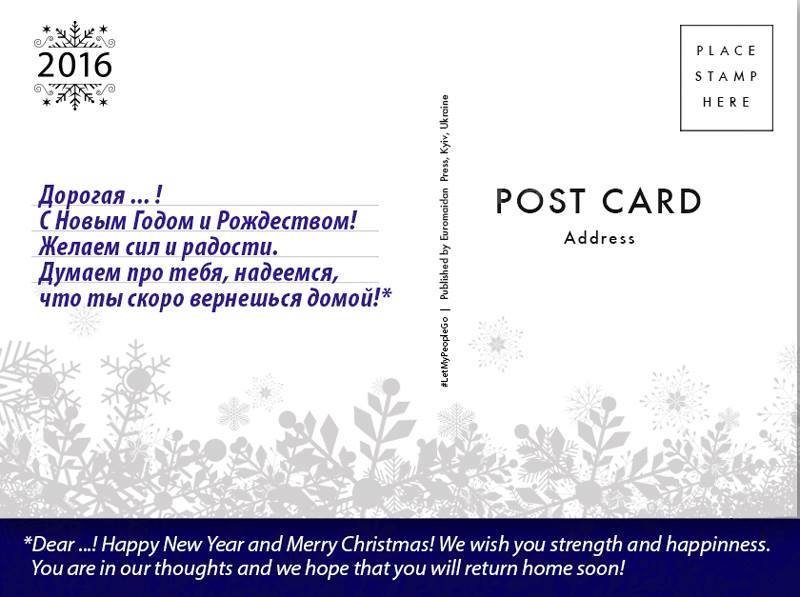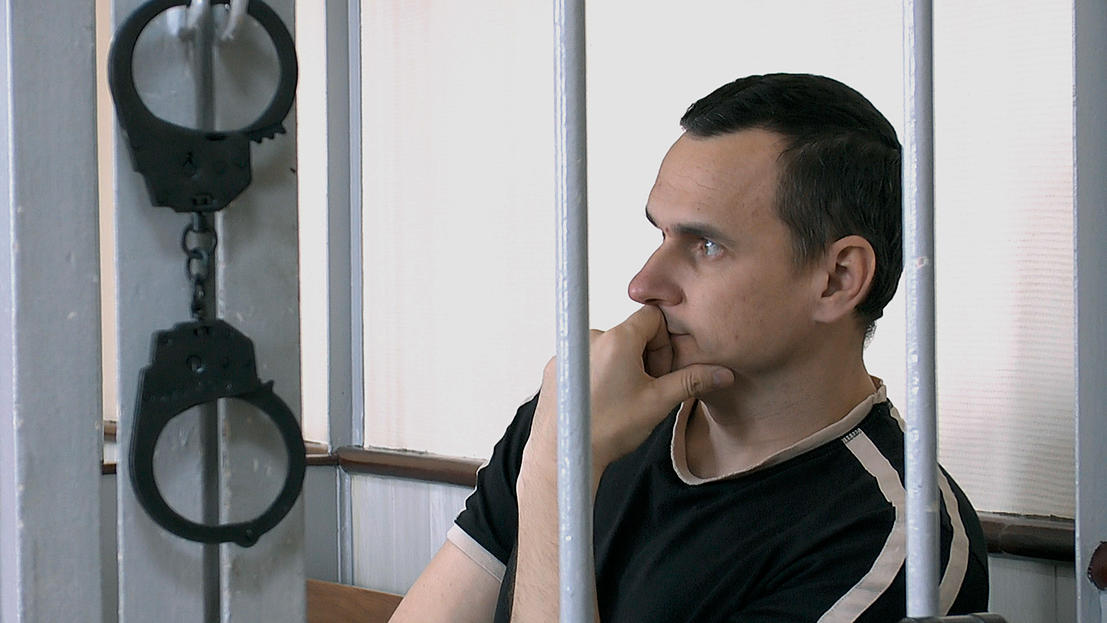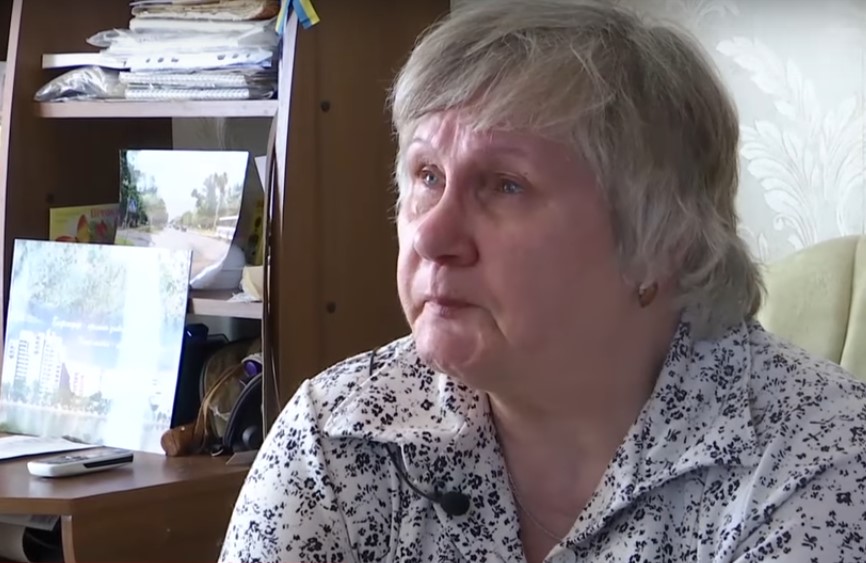At least 36 Ukrainians are jailed in Russia and occupied Crimea on politically motivated grounds, according to the #LetMyPeopleGo campaign. People all over the world are sending them postcards and letters as part of the holiday marathon of the #LetMyPeopleGo campaign. But there is a problem: the prison guards in Russia only deliver letters and cards written in Russian. Moreover, they have to be of neutral content.
For some of the prisoners, like Crimean filmmaker Oleg Sentsov and activist Oleksandr Kolchenko, it will be the third Christmas holidays spent in prison. Some of the prisoners, like the dozens of Crimean Tatars jailed under blanket accusations of terrorism, are separated from their many small children, for whom they were the only breadwinners. For all of them, a postcard will show them that they are not forgotten, that people from the outside world are working towards securing their freedom and waiting for them at liberty.
We’re sure that they will be glad for a postcard without words. But considering that some of our readers would like to write something, we invite you to seize the opportunity and “kill two rabbits with one shot,” as we say in Ukraine – write a postcard AND study Russian!
| Russian | Pronounciation | Meaning |
|---|---|---|
| Дорогой (…)! | Daragoi (…)! | Dear (man’s name here)! |
| С Новым Годом и Рождеством! | S novym godam ee rojdestvom! | [I greet you] with New Year and Christmas! (И means and; The Russian word for Christmas, Rojdestvo means, literally, “the nativity”). |
| С Новым Годом! С Рождеством! | S novym godam! S rojdestvom! | [I greet you] with New Year! [I greet you] with Christmas! |
| Желаю тебе сил и стойкости в Новом Году! | Jelaiu tebe sil i stoikosti w Novam Gadu! | I wish you strength and perseverance in the New Year! |
| Желаем сил и радости. | Jelaiem sil i radosti. | We wish you strength and happiness. |
| Пусть благословит тебя Господь! | Pust blagaslavit tebia Gaspod! | Let God bless you! |
| Мы тебя любим и ждем! | My tebya liubim i jdiom! | We love you and are waiting for you (Мы, pronounced My, means we) |
| надеемся, что ты скоро вернешься домой! | Nadeiemsia, chto ty skora vernioshsia damoi! | We hope that soon you will return home! (Ты, pronounced ty, means you) |
| Мы надеемся, что в 2017 ты вернешься домой! | My nadeiemsia, chto v 2016 ty vernioshsia damoi! | We hope that in 2017 you will return home! |
| ждем твоего возвращения на родину! | Jdiom tvoievo vozvrascheniia na rodinu! | We await your return home! (the word na rodinu literally means to the motherland, rodit means to give birth). |
| Помним про тебя. | Pomnim pro tebia. | We remember you. |
| Думаем про тебя. | Dumaiem pro tebia. | We are thinking about you. |
If you wish, you can print out the greetings and paste them to the postcard:
| Дорогой Желаю тебе сил и стойкости в Новом Году! Мы надеемся, что в 2016 ты вернешься домой! |
| С Новым Годом! Помним про тебя, ждем твоего возвращения на родину! |
| Дорогой С Новым Годом! Желаем сил и радости. Думаем про тебя, надеемся, что ты скоро вернешься домой! |
| Дорогой Пусть благословит тебя Господь! Мы тебя любим и ждем! С новым Годом! С Рождеством! |
Don’t forget to insert the name instead of the (…) after the Дорогой/дорогая:
- KOLCHENKO, KOSTENKO: Александр
- KARPIUK: Николай
- KLYKH: Станислав
- LITVYNOV: Сергей
- SENTSOV: Олег
- CHIRNIY: Алексей
- VYHIVSKIY: Валентин
- SOLOSHENKO, PRIMOV, ILCHENKO: Юрий
- ZEITULAIEV: Руслан
- SAIFULLAIEV: Ферат
- VAITOV, ALBITAROV, ISMAILOV: Рустем
- CHYIGOZ: Ахтем
- DEGERMENDZHI: Мустафа
- ASANOV: Али
- SUSHCHENKO: Роман
- BEKIROV, MAMUTOV: Энвер
- KUKU: Эмир-Усеин
- SIRUK: Вадим
- ALIEV: Муслим
- DZHEPPAROV: Арсен
- ALIMOV: Рефат
- MEMETOV: Ремзи
- ABSEITOV: Зеври
- SALEDINOV: Айдер
- DZHEMADENOV: Эмиль
- ABDULLAEV: Теймур, Узаир
- ZAKHTEY: Андрей
- PANOV: Евгений
Why are these people called “Ukrainian hostages of the Kremlin”?
Most of them have become instruments to the Kremlin’s aggressive policy towards Ukraine. Being portrayed as Ukrainian “punishers,” “saboteurs,” “terrorists,” “criminals” on Russian TV, they are the “living proof” that Russia is at danger from attacks of malevolent Ukrainians or Crimean Tatars, stories that Russian state media tells to reinforce the negative image of the country that ousted its pro-Russian President in the Euromaidan revolution. Many of them describe how they were tortured to “confess” of the most wicked plans for Russian media. And these media operations are arguably the most important aspect of the Kremlin’s hybrid war against Ukraine. The Crimean Tatars, Crimea’s indigenous population, constitute the majority of the prisoners right now. As they are the main resistance force to Russia’s occupation of Crimea, the Kremlin is arresting them en masse on fictitious terrorism charges.
We prepared a brief overview on each prisoner so you could choose who to write to, as well as told the stories of the ones that managed to escape (click on the dots to read short stories).
Read more: Who are the 36 Ukrainian hostages of the Kremlin? Interactive graphic
Addresses and instructions
Once you have selected your prisoner, find his address from the table below.
▪️ Letters must be written in Russian;
▪️ The text must be politically neutral;
▪️ It is important to indicate the addressee’s year of birth and full name (first + middle + last) on the envelope;
▪️ If you want a prisoner to reply, add a blank sheet of paper and a new envelope to your letter. Even if you do not expect a response, it is still worth doing as the paper and envelopes are in short supply behind bars and are highly appreciated by the prisoners.
More about the holiday postcard marathon: This Christmas, send a postcard to one of the 36 Ukrainian hostages of the Kremlin #LetMyPeopleGo












